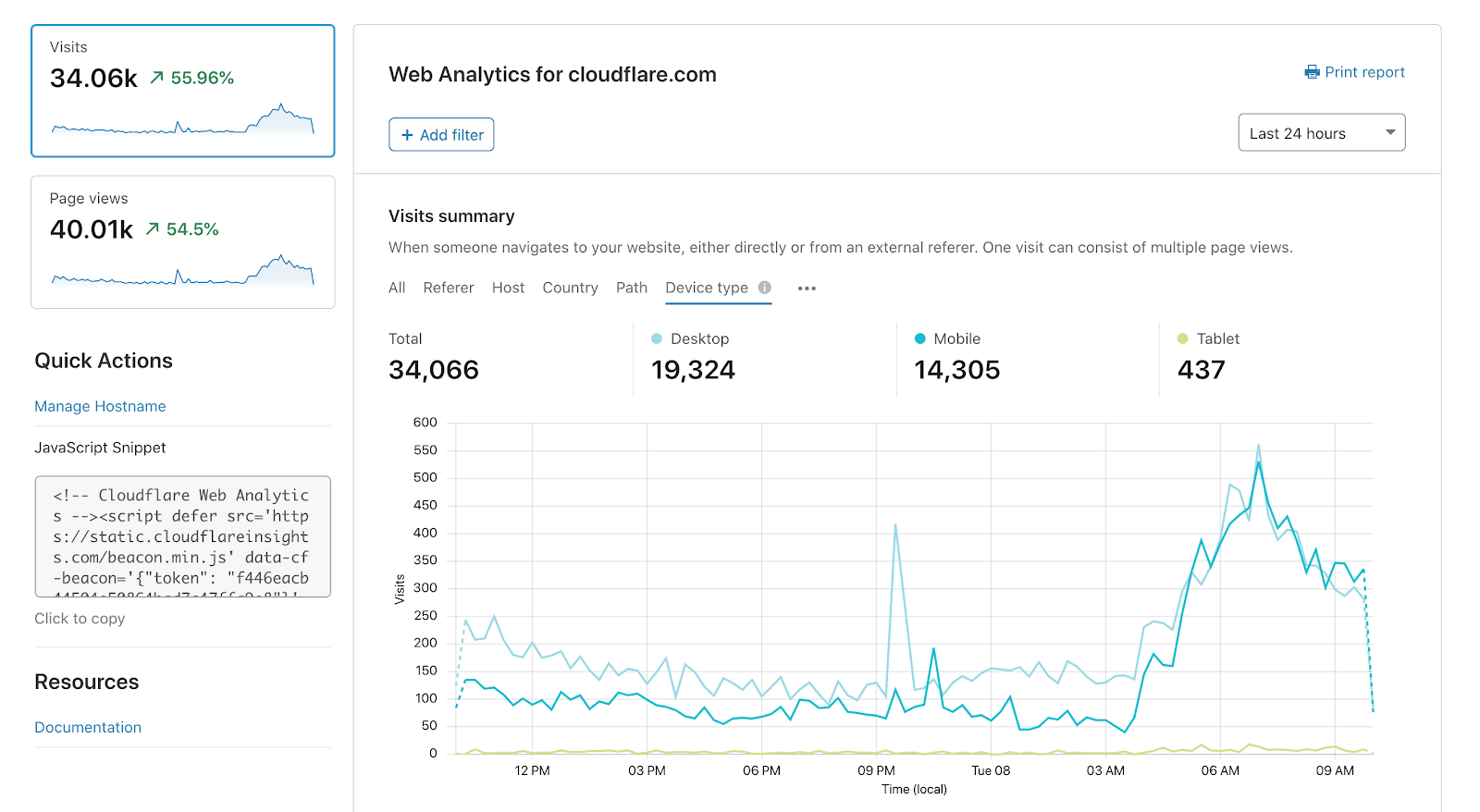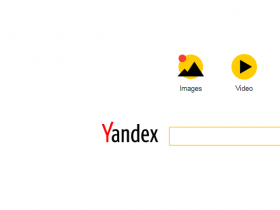The Pros and Cons of Link Exchanges in Search Engine Optimization

Image Source: FreeImages
Link Exchanges, Reciprocal Linking, and Swapping Backlinks, these terms are interchangeable and often refer to the same thing. Despite Google’s stance, there are still many webmasters who engage in this practice in an effort to improve their search engine ranking.
The concept behind link exchanges is that by receiving a high-quality backlink from another website, your website will be seen as more trustworthy and authoritative, thereby increasing its chances of appearing higher in search engine results pages (SERPs).
At the forefront of link building and outreach, our team has encountered numerous instances of webmasters asking for link exchanges. It’s not just smaller bloggers who partake in this activity, but also larger and more established websites.
The Rise of Private Influencer Networks: Challenging Traditional SEO Methods for Better Rankings
Despite the general consensus among traditional SEO professionals against link exchanges, the landscape is shifting and those at the forefront of SEO are finding ways to gain advantages. Link exchanging and swapping, although a controversial topic, has the potential to lead to high-authority backlinks.
Private Influencer Networks (PINs) have become a popular topic in the SEO community in recent years. The concept was first introduced in an article by Glenn Allsopp, also known as Viperchill, who highlighted the practices of major companies such as Cosmopolitan and Marie Claire. The article also featured a graphic demonstrating how major tech publications rose together by exchanging backlinks.
Glenn went on to give real-life examples, including one major affiliate who was involved in a PIN with other leading competitors in the same industry. By linking to each other’s websites, they were able to improve their rankings.
In conclusion, while link exchange may still be a divisive topic, it is undeniable that it can provide benefits. As the SEO industry evolves, it is important to stay up-to-date with the latest trends and techniques, including the use of Private Influencer Networks.
Exploring the Terminology of Link Exchanges in Google’s Webmaster Guidelines
Google’s Webmaster Guidelines outline that excessive link exchanges violate their policies. However, it’s worth examining the terminology used by Google in this regard.
The use of the word ‘Excessive’ implies that even Google acknowledges the natural occurrence of link exchanges between websites in certain circumstances. For instance, if you have a close associate in the digital marketing industry, you may link to each other’s sites. Similarly, if you are hosting an event, it’s likely that you would link to your exhibitors and vice versa. In these scenarios, link exchanges are a normal occurrence.
Can I Face a Penalty? While this article does not promote link exchanges, it is important to note that there have been no reported cases of websites being penalized for engaging in link exchanges. The risk is low, as we will explain shortly. However, it’s always a possibility as Google has a history of making examples of individuals who violate their policies.
The Cold Truth Google’s algorithm is machine-based, so it is unlikely to be able to distinguish between a manufactured link exchange and a natural one unless the link exchange is done openly and publicly.
Reciprocal Linking is Prevalent Ahrefs conducted a comprehensive study on reciprocal linking (another term for link exchanges) which provides insightful information. Here are some noteworthy findings from the investigation:
The study analyzed 140,000 randomly selected domains with at least 10k organic visits per month, which translates to well-performing websites that Google favors.
However, it’s important to keep in mind that if any websites were penalized by Google for link exchanges, they would not have been included in the Ahrefs study as their traffic would have decreased and they would not have met the study criteria.
Consider Relevance Over SEO Benefits: A Guide to Effective Link Exchange
When considering a link exchange, it’s crucial to exercise good judgement and employ common sense. Rather than solely focusing on SEO benefits or link juice, the most important factor should be relevance.
Before making a decision, ask yourself these questions: “Is this website providing useful content, tools, or products that my visitors could benefit from? Am I linking to this site in a relevant manner that will be helpful for my own users?” Additionally, assess the quality and relevancy of the website’s content to your own site.
For instance, at my successful Airsoft affiliate website, 25% of our links come from other Airsoft sites, 60% from related areas such as outdoors, adventures, and hobbies, and only 15% from unrelated sources.
When evaluating a potential link exchange, use the following checklist:
- Does the website have a domain rating (DR) of over 40?
- Does the website receive more than 5,000 organic visitors per month?
- Is the website’s target audience similar to yours?
- Is there a clear connection between the content you both plan to link to on each other’s sites?
Safe and Effective Link Exchange Techniques
To ensure that you are engaging in the safest and best way possible when exchanging links, it is crucial to conduct a qualitative analysis first. Evaluate the website’s relevance, usefulness, and overall appeal to you. Take a look at their social profiles and check out the owner’s LinkedIn to get a better understanding of the brand.
Once you have assessed the website, it is time to conduct some key metric checks. Look at the outbound links ratio and make sure that it is less than 2. Avoid sites with dangerous outbound link ratios like link-farm sites and PBNs. Furthermore, it is best to exchange links with well-established websites that have been around for at least two years as they tend to be more robust. If you have Majestic, ensure that the Trust Flow (TF) is greater than 10, as this number predicts how trustworthy a page is based on the trustworthiness of the sites linking to it.
Your strategy should not be focused on finding people who want to exchange links, but rather on being generous to others. Compliment other bloggers, and freely link out to relevant content that genuinely helps you. If you do choose to exchange links, avoid linking from page A to page B and vice versa directly.
Conclusion
In conclusion, exchanging links can be a great way to enhance your online presence and improve your website’s visibility. However, it is important to conduct a qualitative analysis and perform key metric checks to ensure that you are engaging in the safest and best way possible. Focus on being generous to other bloggers, complimenting them and linking out to relevant content. When exchanging links, avoid directly linking from page A to page B and vice versa. By following these guidelines, you can enhance your online reputation and ensure that your website is well-received by your target audience.





Leave a Reply